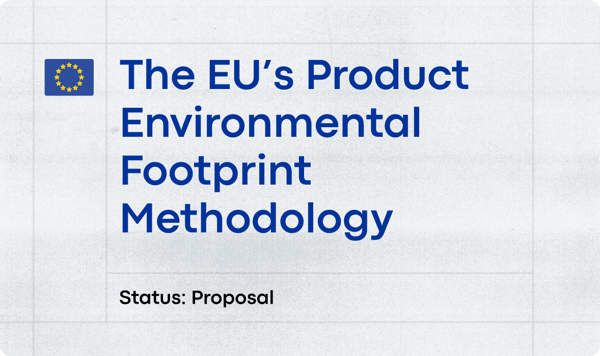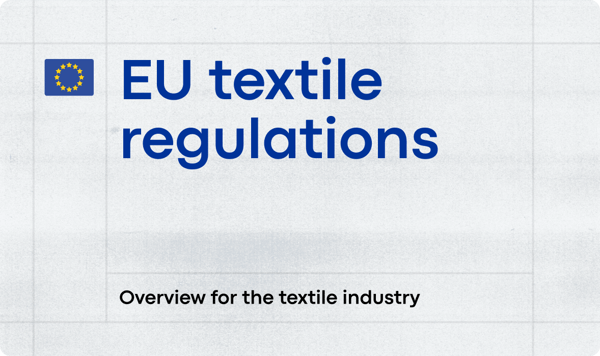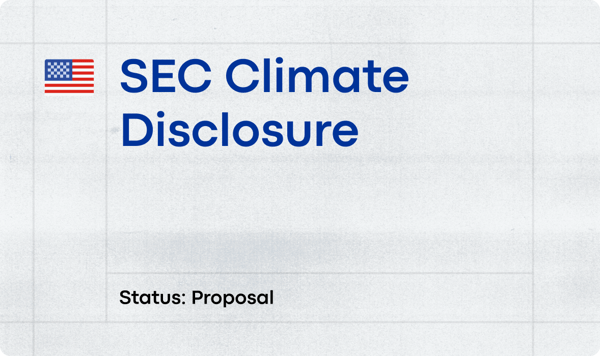PEF for Apparel and Footwear: The EU’s Product Environmental Footprint Methodology
Deep-dive into the European PEF and how fashion and textile brands can prepare.
We're on a mission to decarbonize the 1 gigaton CO2e fashion industry. Learn from our data, climate, and science experts, as they share their learnings along the way.
Deep-dive into the European PEF and how fashion and textile brands can prepare.
 Lidia Lüttin
Lidia Lüttin


Deep-dive into the European PEF and how fashion and textile brands can prepare.

After five years of work, the PEFCR for the fashion sector are now considered final

FLAG emissions in fashion and apparel largely originate from the production of natural fibers like cotton, leather, and wool. In fact, for some apparel brands,...

Let's dive into the upcoming EU regulations and directives as well as regulations within the EU member states that will impact the fashion and textile...

The draft proposal of the Omnibus Simplification Package, released on February 26, 2025, has already sparked significant debate.

Breakdown of SEC Climate Disclosure and what it could mean for your business if the rule is implemented.

Cumulatively, these new regulations are set to impact more than 10,000 companies, many of whom are footwear and apparel brands.

CSDDD introduces a due diligence duty for textile companies operating in the European Union.

Learn how the CSRD is set to reshape reporting requirements for fashion and textile brands under the European Commission's climate change regulations.

French Eco-Score framework has just taken a significant step forward.

PPWR: everything from labeling and environmental claims to recyclability and waste reduction.

Existing and upcoming EPR frameworks for textiles worldwide.
If you click on “Accept all” you agree to the use of these cookies. To find out more about the cookies we use, see our Privacy & Cookie Policy. Or, you can continue without agreeing .